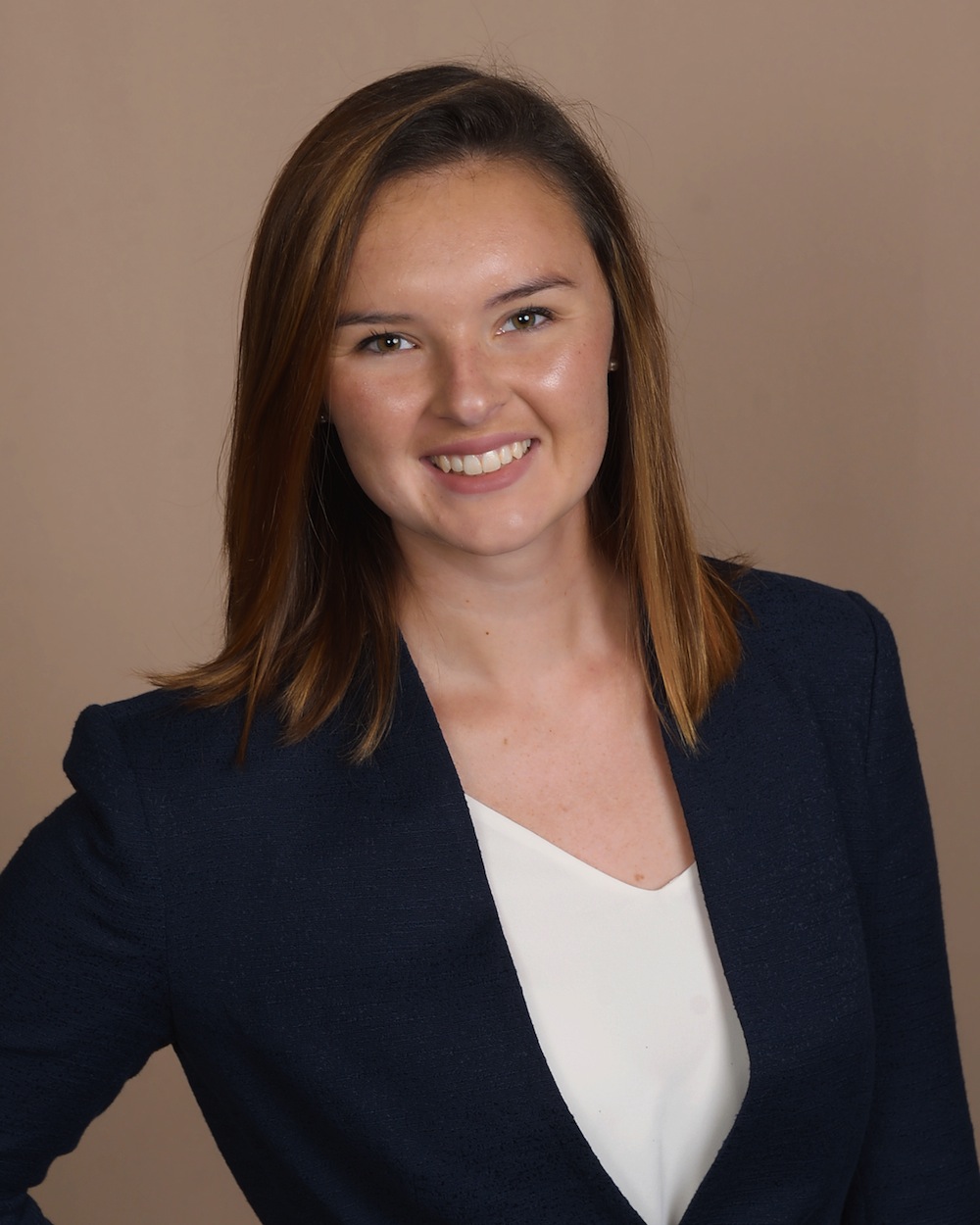Eckley Project Assists Spanish-Speaking Kidney Donors
Sept. 25, 2018

BLOOMINGTON, Ill. — The Living Kidney Donor Network (LKDN) has made Spanish webpages translated by 2017 Eckley scholar Bekah Nulty ’19 (Washington, Illinois) available online, providing life-saving resources for donors and patients in need.
“This experience was incredibly humbling,” said Nulty, a biochemistry and Hispanic studies double major. “I can only hope that this translation reaches even just one person in need or willing to donate.”
A $4,000 stipend through the Robert S. and Nell B. Eckley Scholars and Artists Program fellowship supported Nulty in her summer-long research project, guided by Byron S. Tucci Professor of Hispanic Studies Carolyn Nadeau. Nulty was one of five recipients in 2017.
At Nadeau’s recommendation, Nulty spoke with LKDN’s founder Harvey Mysel — recently nominated for a TIAA Difference Maker 100 Award — who was thankful for the offer to translate the website. From there, Nulty spent her summer translating over 30 pages from the website into Spanish, an endeavor which involved accurately translating medical information with clarity and precision.
Thanks to Nulty’s efforts, LKDN can now reach a broader audience by providing monolingual Spanish speakers with valuable information on the escalating need for kidney donations, the process of donating and how to match donors with recipients.
“This Eckley project combined my interests in Spanish and medicine, providing me with a great way to serve people while pursuing my passions,” Nulty said. “Having the translation made available to the public is so meaningful to me.”
The Living Kidney Donation Network seeks to build public awareness for the more than 100,000 people on the kidney transplant waiting list and to educate people on the benefits of living donations rather than deceased ones. The network partners with transplant centers and other organizations to help individuals find living donors.
By Rachel McCarthy ’21